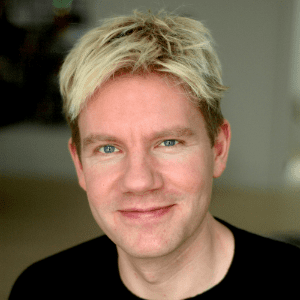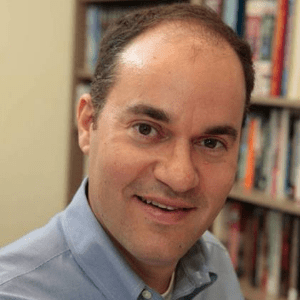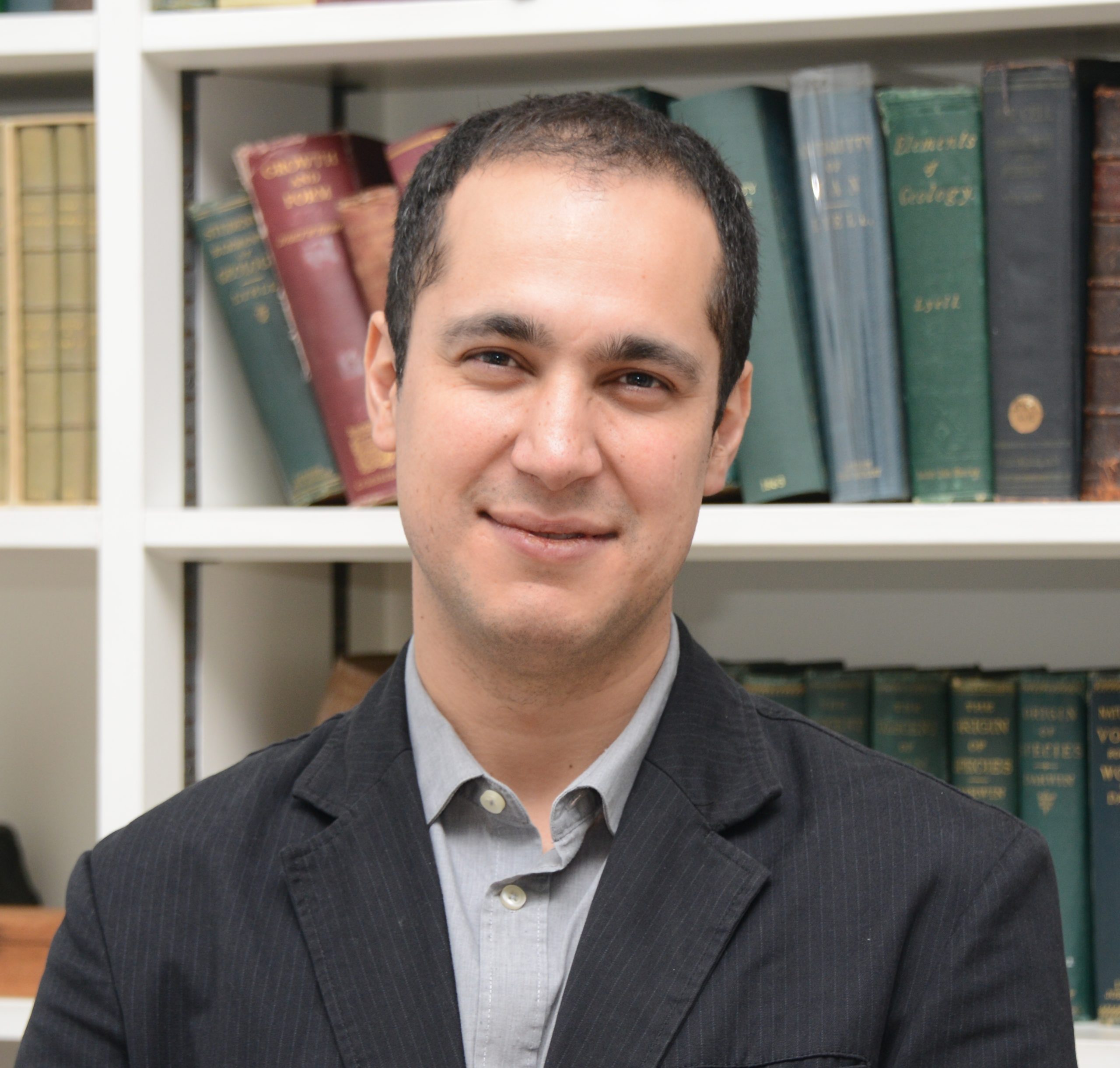But I think I just want to come back to the point that I was making here, because you’re being told a story. First of all, there’s a lot of different conversation going on here. You’re being told that climate change is bad, so you need to vote no to that we should do adaptation. What?
Michele Wucker:
No, no, no, that’s not what we said.
[talking simultaneously]
Bjorn Lomborg:
Okay, tell me what they’re saying. I’m not sure.
Michele Wucker:
Well, I actually just wanted to go back to the Tesla.
Bjorn Lomborg:
No, no, no. Please tell me what it is that you’re saying.
Matthew Kahn:
What is the motion?
Michele Wucker:
The motion is can we adapt —
Matthew Kahn:
Without —
Bjorn Lomborg:
No, there’s no without. I’m sorry.
Michele Wucker:
Just a minute. I just want to get very important point. You mentioned Tesla. So you talk about all these costs of mitigation. Well, Tesla is an example of mitigation. And I — leave out the last couple of weeks of what’s happened in the market with Tesla. But at Tesla, all of these other innovations are things that are actually creating jobs, creating value.























JOIN THE CONVERSATION